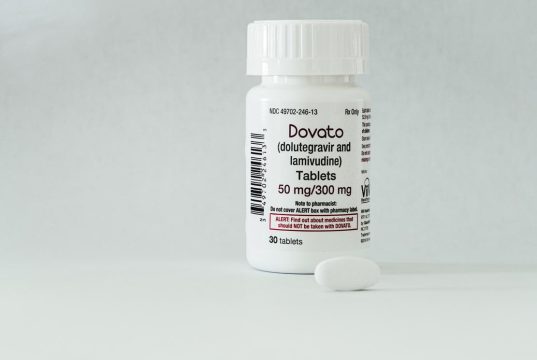Advertisment
Meditation, stretching ease stress symptoms

Mind-body intervention can help to regulate stress hormone levels. Practicing a form of meditation and stretching can help relieve symptoms of post-traumatic stress disorder and normalize stress hormone levels, according to a recent study accepted for publication in The Endocrine Society’s Journal of Clinical Endocrinology & Metabolism (JCEM).
More than 7 million adults nationwide are diagnosed with post-traumatic stress disorder (PTSD) in a typical year. The mental health condition, triggered by a traumatic event, can cause flashbacks, anxiety and other symptoms.
PTSD patients have high levels of corticotrophin-releasing hormone (CRH) and unusually low levels of cortisol – two hormones used to regulate the body’s response to stress. Although levels of the stress hormone cortisol typically rise in response to pressure, PTSD patients have abnormally low levels of cortisol and benefit when these levels increase. The study found cortisol levels responded favorably in subjects who participated in mind-body exercises for an eight week-period.
“Mind-body exercise offers a low-cost approach that could be used as a complement to traditional psychotherapy or drug treatments,” said the study’s lead author, Sang H. Kim, PhD, of the National Institutes of Health. “These self-directed practices give PTSD patients control over their own treatment and have few side effects.”
The randomized controlled clinical trial studied the impact of mind-body practices in nurses, a group at high-risk of developing PTSD due to repeated exposure to extreme stressors. Twenty-eight nurses from the University of New Mexico Hospital, including 22 experiencing PTSD symptoms, were divided into two groups. One group took 60-minute mind-body sessions where participants performed stretching, balancing and deep breathing exercises while focusing on awareness of their body’s movements, sensations and surroundings – a form of meditation called mindfulness. The control group did not participate in the twice-weekly class.
The predominantly female participants underwent blood tests to measure their stress hormone levels and completed the government’s PTSD checklist for civilians. Among those who were enrolled in the mind-body course, cortisol levels in the blood rose 67 percent and PTSD checklist scores decreased by 41 percent, indicating the individuals were displaying fewer PTSD symptoms. In comparison, the control group had a nearly 4 percent decline in checklist scores and a 17 percent increase in blood cortisol levels during the same period.
“Participants in the mind-body intervention reported that not only did the mind-body exercises reduce the impact of stress on their daily lives, but they also slept better, felt calmer and were motivated to resume hobbies and other enjoyable activities they had dropped,” Kim said. “This is a promising PTSD intervention worthy of further study to determine its long-term effects.”
###
Other researchers working on the study include: S. Schneider, L. Kravitz, C. Mermier, C. Qualls and M. Burge of the University of New Mexico, and M. Bevans of the National Institutes of Health.
The article, “PTSD Symptom Reduction with Mindfulness-Based Stret





